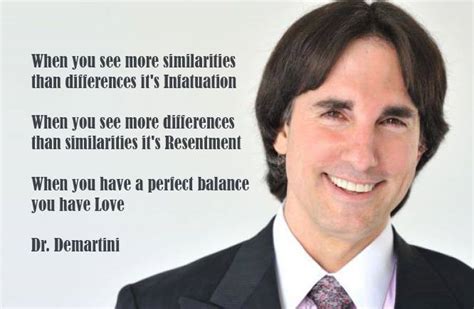A Quote by Max Lucado
Gratitude is a mindful awareness of the benefits of life. It's the greatest of virtues. Studies have linked the emotion with a variety of positive effects. Grateful people tend to be more empathetic and forgiving of others. People who keep a gratitude journal are more likely to have a positive outlook on life. Grateful individuals demonstrate less envy, materialism, and self-centeredness. Gratitude improves self-esteem and enhances relationships, quality of sleep, and longevity.
Quote Topics
Awareness
Benefits
Centeredness
Demonstrate
Effects
Emotion
Empathetic
Envy
Esteem
Forgiving
Grateful
Gratitude
Greatest
Individuals
Journal
Keep
Less
Life
Likely
Linked
Longevity
Materialism
Mindful
More
Others
Outlook
Outlook On Life
People
Positive
Positive Outlook
Positive Outlook On Life
Quality
Relationships
Self
Self-Centered
Self-Esteem
Sleep
Studies
Tend
Variety
Virtues
Related Quotes
A prayerful life is the key to possessing gratitude. We often take for granted the people who most deserve our gratitude. Let us not wait until it is too late for us to express our gratitude. Feeling gratitude and not expressing it is like wrapping a present and not giving it. If I gratitude be numbered among the serious sins, then gratitude takes its place among the noblest of virtues. To express gratitude is gracious and honorable, to enact gratitude is generous and noble, but to live with gratitude ever in our hearts is to touch heaven.
Deep at the center of my being there is an infinite well of gratitude. I now allow this gratitude to fill my heart, my body, my mind, my consciousness, my very being. This gratitude radiates out from me in all directions, touching everything in my world, and returns to me as more to be grateful for. The more gratitude I feel, the more I am aware that the supply is endless.
Gratitude is the key that opens up the gateway of your heart that allows the untapped and inspiring potential of love to radiate out and cleanse your mind of any clouding uncertainties that could block you from living your most amazing and extraordinary life and dream. When you are grateful for what you have you get more to be grateful for. You life is fulfilled to the degree of your gratitude.
If you can, do a gratitude practice: Each day write down three things you're grateful for. There are different ways to do this. You can have a gratitude buddy, someone with whom, at the end of the day, you exchange messages listing these three things you are grateful for. Also, you can journal it or reflect on it silently.
What happens when you speak positively? When you speak positively there is no negative left to express and then there's a gap. And that gap creates the super-positive. And that, in English, is what we call God. Therefore, cultivate the attitude of gratitude. The attitude of gratitude is when you are grateful for every breath of life.
There is a fundamental spiritual quality to gratitude that transcends religious traditions. Gratitude is a universal human experience that can seem to be either a random occurrence of grace or a chosen attitude to create a better experience of life; in many ways it contains elements of both. Grateful people sense that they are not separated from others or from God; this recognition of unity with all things brings a deep sense of gratefulness, whether we are religious or not.
You'll never meet a happy ungrateful person, or an unhappy grateful person because gratitude and happiness go together. Sometimes happiness precedes gratitude but often gratitude precedes happiness. The latter is achieved by realising things could be worse but aren't and so feeling relieved, grateful and happy.
In an experiment by Dr. Robert Emmons at the University of California–Davis, people who kept a ‘gratitude journal,’ a weekly record of things they felt grateful for, enjoyed better physical health, were more optimistic, exercised more regularly, and described themselves as happier than a control group who didn’t keep journals.



































